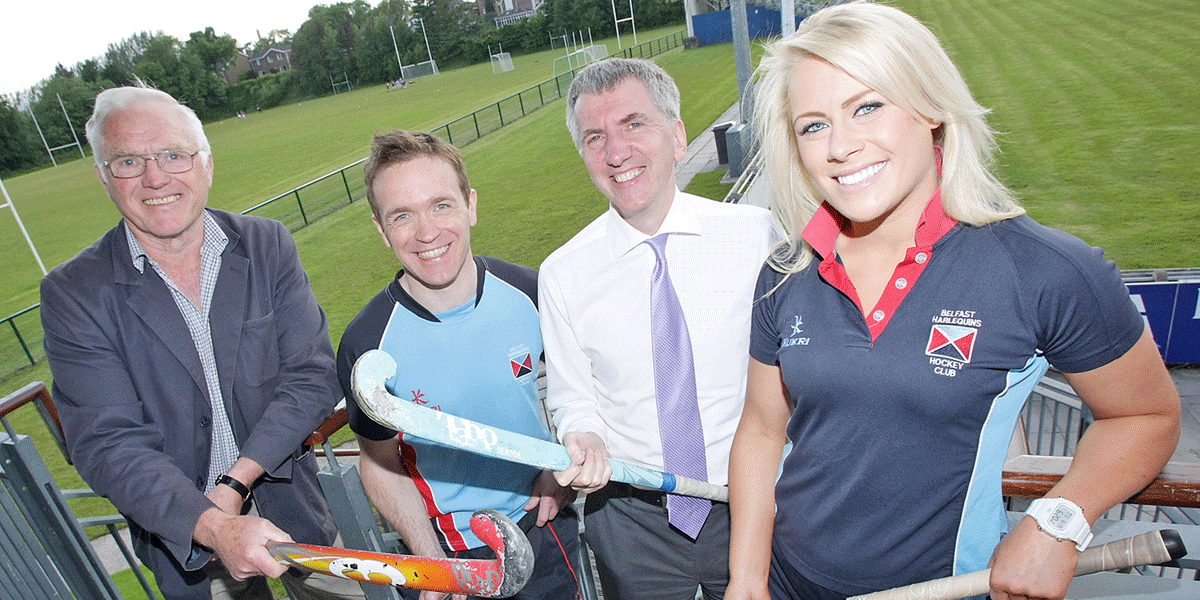As I write this, they’re promising us it will be quite a moment when Martin McGuinness, leader of Irish republicanism, shakes hands with Britain’s Queen, symbolic commander of their armed forces. Martin McGuinness lost many friends and comrades in the thirty-year war, while the British Queen lost her cousin, Lord Mountbatten, and hundreds of her soldiers.
This, then, is the handshake which illustrates that the war is over.
Certainly, there have been many handshakes in the past – with the political leaders who dispatched the death squads, sanctioned the torture and pummelled the prisoners. Those carried much more concrete significance: they sent out the message to the puppet-masters in the armed forces that their day was gone.
But the very fact that the handshake is a symbolic expression of peace makes this gesture today even more important – and of course all the more difficult for many of those who have suffered at Britain’s hands.
And that’s what peace is about. We could shake hands with our friends all week, but to build a peaceful, reconciled and united Ireland, we have to shake hands with our enemies.
The period ahead in the peace process will be judged more on what we are for than on what we are agin’. And that is no bad thing because we are for Ireland, for the healing of the wounds of war, for employment, for equality, for bridging division and for independence.
AND it hasn’t been a bad week for the fruits of the peace process – which previously have come dropping down too slow to both the Shankill and the Falls, to the Short Strand and to Taughmonagh.
For on Tuesday, we had welcome news that work would commence on the stalled £12m new-build project for Coláiste Feirste . There’s also £2m for the Irish medium Bunscoil Bheann Mhadagáin in North Belfast and the best part of £2m to move St Gerard’s Special School to the former Balmoral High on the Blacks Road.
For me, the icing on the cake was when the Council’s biggest committee agreed last Friday to cover half the £500,000 price tag of a new Coláiste Feirste community handball facility at Beechmount. That project should be a precursor to a larger Spórtlann project, the adoption of the Aisling an Phobail pocket park by Council, and the Council-backed new station complex for Raidió Fáilte at the junction of the Falls and Donegall Road.
But while the Irish language is doing well – after years of being sidelined by know-nothings – there are many other smaller projects right across the city which are also getting a leg-up.
My favourite of those is Harlequins in South Belfast, a rare shared space for Gaelic and rugby, where Council is chipping in £30,000 towards a new 3G hockey pitch. One hopes Ireland’s future champions will emerge on this new ground – hockey, like rugby and cricket (also played at Harlequins), being all-island sports.
When we called to Harlequins last week for a photo-shoot, I was delighted to be greeted in the car park by a young Irish speaker, Tara Ní Mhurchú, who could have been there for the hockey, but more likely was fielding for Naomh Bríd.
Changed times indeed, and while change can be unsettling, it’s preferable to where we’ve been.






